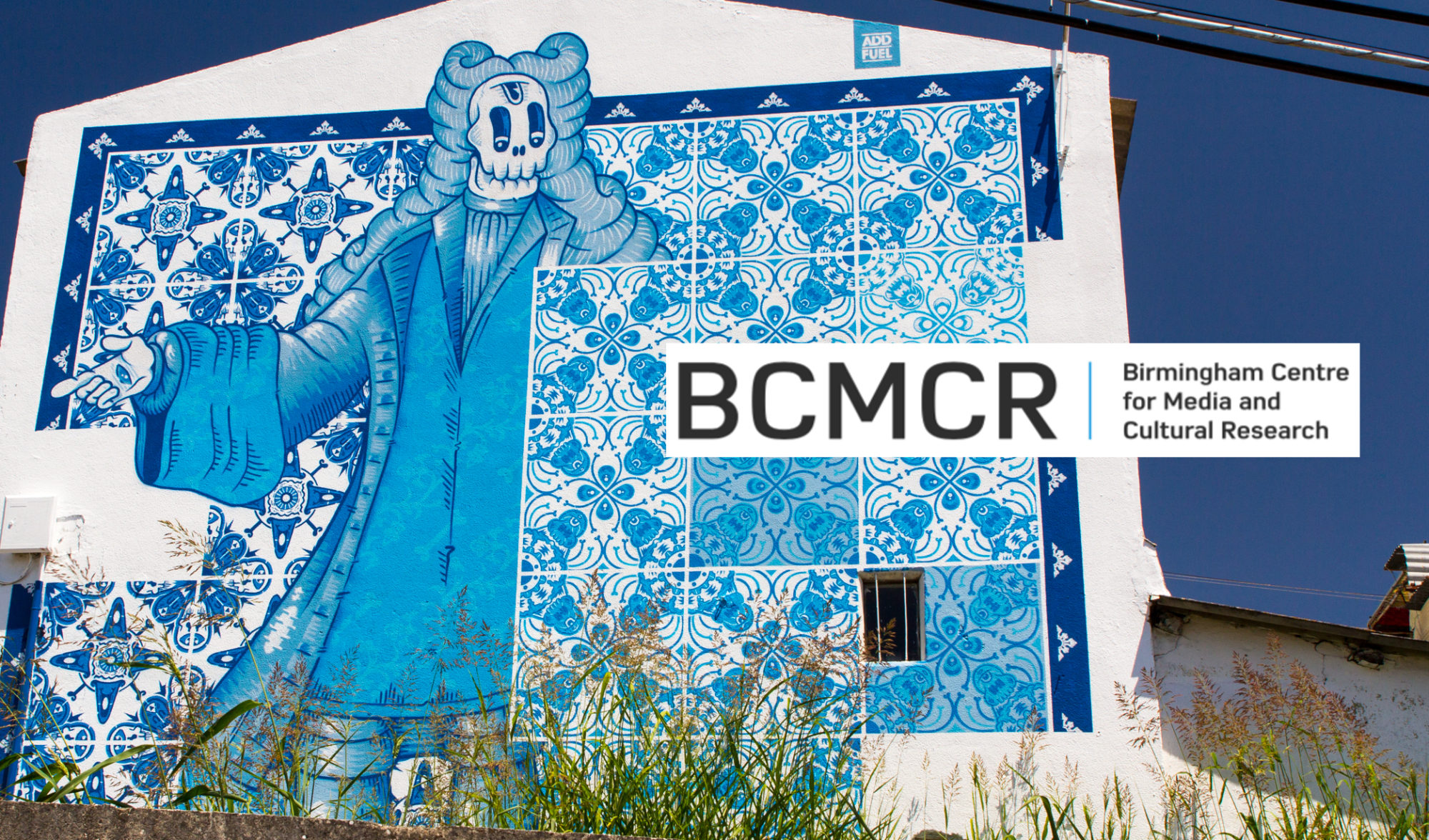Dima Saber’s research paper ‘Resistance-by-recording: the visuality and visibility of contentious political action in the Arab region’
by Simon Crisp
In the first of three History, Heritage & Archives BCMCR seminars, Dr Dima Saber and Dr David Gange tackled the topic of cultural translation, history and loss by talking about some of their respective recent and on-going projects.
Dima started the event talking about the ‘Resistance-by-recording: the visuality and visibility of contentious political action in the Arab region’ project, which explores how variously situated activists use camera-related practices in their struggles for rights, along with the issues of distribution and archive and a re-centring of the agency of human beings over technologies. David then presented his project ‘Sea-Sites in Island History: Exploring the Lost Communities of Atlantic Britain and Ireland’ which had seen him kayak the Atlantic coasts of the British Isles exploring and documenting the culture, history and archives of those coastlines and the communities which have resided there.
Both talks were fascinating in their own right and spoke of issues of history, archive, and loss. David’s accounts of the alternative histories of modernity on the coast were particularly striking for me in the way in which they question the cultural perspectives and dominant visions of British and Irish history, along with the unique access and outlook afforded by approaching these locations from the sea. However, I will focus here on how Dima’s talk prompted me to think about, and question, the idea of Cultural Translation.
Having briefly heard about Resistance-by-recording at a Journalism Activism, Community research seminar last year, I was expecting my thoughts about how the project relates to ideas of cultural translation to be based on the way in which it works across borders, how activists in different situations use varying digital media practices, and how they collaborate with each other. But, as Dima talked about issues raised during an ethnographic research trip to Berlin, and a recent Stockholm roundtable, I found my focus shifting to questioning cultural translation and the digital.
Dima said YouTube’s increasing use of algorithms to identify and limit what was considered to be Jihadi supporting propaganda had become a major issue for the project and the digital activists involved. YouTube’s identification and removal of videos, and channels can now be done with no human interaction and has caused digital activists to change their focus from documenting human rights violations to archiving and preserving historically and culturally significant footage which may get removed or deleted.
Suggestions to insert a human-led stage into the process whereby somebody who understands Arabic and knows the context would be able to distinguish between a terrorist propaganda video and evidence of a human rights violation, raise further questions about the translation of culture into the digital. While algorithms can be used to analyse and recognise, they still cannot understand and translate what they are identifying into other contexts and histories. They are not culturally aware but have been given the power to wipe from voices and memories from history. Thinking about this has left me with more questions about how the idea of cultural translation can be used not just when exploring movements across borders or between languages, but also into the digital.
Finally, another point I found particularly interesting was the questioning of the role of research and academics, and Dima’s suggestion of acting as a facilitator – or put another way a translator – between the activists and the tech companies on whose platforms they rely. It was said that this could be done by using the power of an academic network to get people around the same table or writing papers which will be helpful to tech companies, but that also address the issues impacting the activists.
Simon Crisp is a MA student at Birmingham City University.
